According to Mr. Ngo Hai Duong, the city bus system currently has 138 routes with 2,221 buses participating in operation. Of these, 19 are electric bus routes (with 160 buses) and 18 are CNG-powered bus routes (with 528 buses), accounting for 31% of vehicles using electricity, a clean, environmentally friendly fuel.
The Ho Chi Minh City People's Committee has also assigned the Department of Construction to develop a project to control vehicle emissions in two phases.
Phase 1 is to develop and advise the Ho Chi Minh City People's Committee to submit to the Ho Chi Minh City People's Council to issue regulations on the roadmap for implementing the conversion and support policies for converting public passenger transport vehicles by buses using electricity and green energy to be applied from 2025. Phase 2 is to develop a project and advise the Ho Chi Minh City People's Committee to submit to the Ho Chi Minh City People's Council to issue policies to reduce emissions of remaining road vehicles in the city.
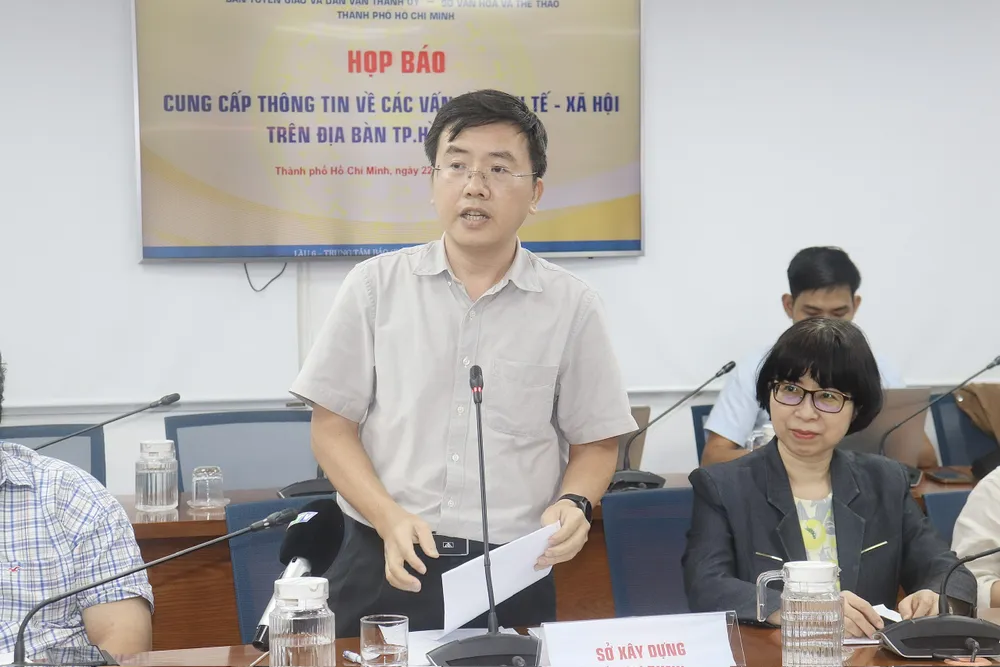
In particular, focus on building incentive policies, incentives and a roadmap to convert vehicles from using fossil fuels to clean energy and green energy.
At the same time, there is a policy to purchase and exchange old vehicles for new vehicles using electricity and green energy; propose solutions to control emissions from road vehicles in Ho Chi Minh City by 2030 and vision to 2050.
The Department of Construction has completed the first phase of the Project on vehicle emission control and reported to the Ho Chi Minh City People's Committee.
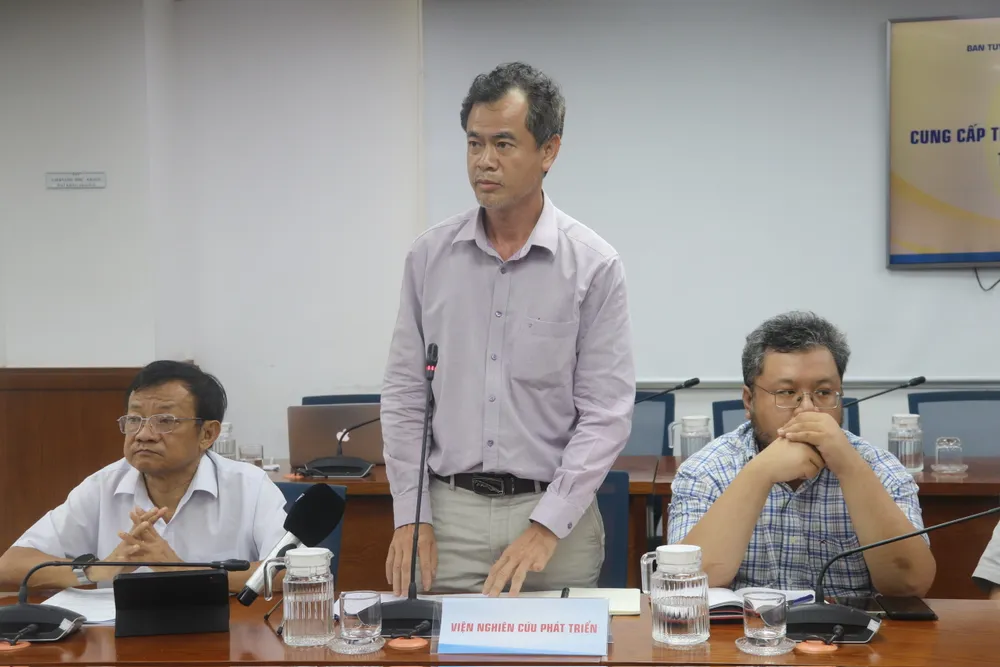
Also at the press conference, Mr. Le Thanh Hai, Director of the Center for Economic Application Consulting, Ho Chi Minh City Institute for Development Studies, said that the program to convert gasoline vehicles to electric vehicles will be implemented with a clear roadmap.
It is expected that in June, there will be a draft policy to consult with experts, scientists and management agencies, then synthesize and submit to the Ho Chi Minh City People's Committee next July.
Initial research shows that technology vehicles and two-wheeled delivery vehicles are one of the largest sources of emissions in Ho Chi Minh City today. Specifically, in 2023, the Ho Chi Minh City Institute for Development Studies surveyed more than 400 Grab, Be and Gojek technology vehicle drivers. The results showed that with a distance of 100 km/day, each driver spent an average of 70,000 - 100,000 VND/day on gasoline. Through a survey of Green SM drivers, when using electric vehicles, with a distance of 100km/day, the charging cost is only about 20,000 VND/day.
Through calculations, when switching, each driver will save from 40,000 VND - 60,000 VND/day. With a working time of about 25 days/month, the driver can save over 1 million VND/month.
“If the policy comes into practice, we hope that within 2 years, about 80% of technology drivers and delivery drivers will be able to convert to using 2-wheeled vehicles and reach 100% within 3-5 years,” Mr. Le Thanh Hai shared.
Source: https://www.sggp.org.vn/dinh-huong-phat-trien-giao-thong-xanh-tai-tphcm-post796392.html


![[Photo] General Secretary To Lam chairs a working session with the Central Internal Affairs Commission](https://vphoto.vietnam.vn/thumb/1200x675/vietnam/resource/IMAGE/2025/5/22/3b7790f499da45b2803d8ae253207ef1)
![[Photo] Press delegation meeting to visit Truong Sa and DK1 Platform](https://vphoto.vietnam.vn/thumb/1200x675/vietnam/resource/IMAGE/2025/5/22/6b8d232877ec421a9e8187d83b9f8006)
![[Photo] Prime Minister Pham Minh Chinh chairs meeting on draft Resolution of National Assembly on International Financial Center in Vietnam](https://vphoto.vietnam.vn/thumb/1200x675/vietnam/resource/IMAGE/2025/5/22/d398664ff1a140629169ea5a24e1b4d0)
![[Photo] Prime Minister Pham Minh Chinh chairs the Government's special meeting on law-making in May](https://vphoto.vietnam.vn/thumb/1200x675/vietnam/resource/IMAGE/2025/5/22/1c880aae96fd4e0894abc47a46fe19ba)


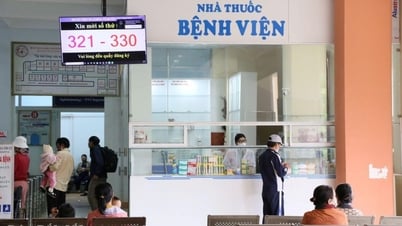








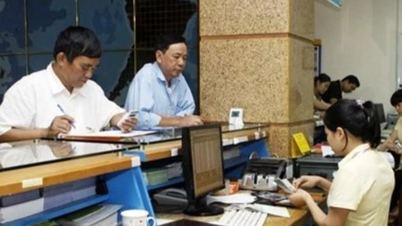







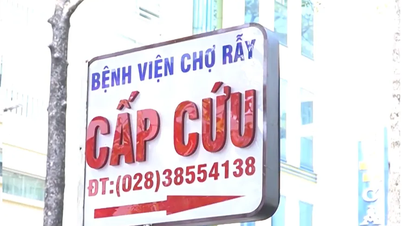
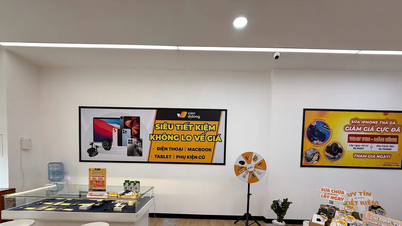

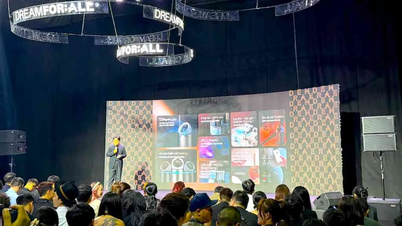
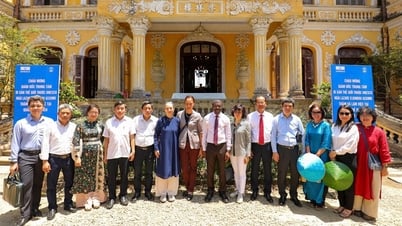









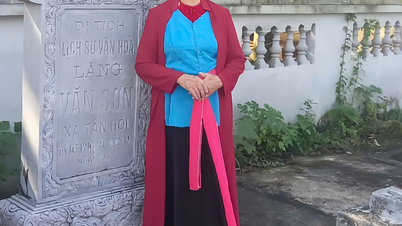














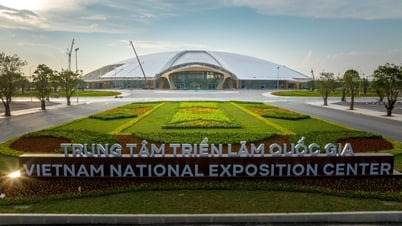

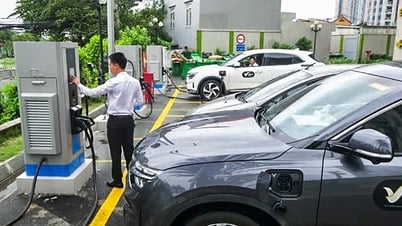











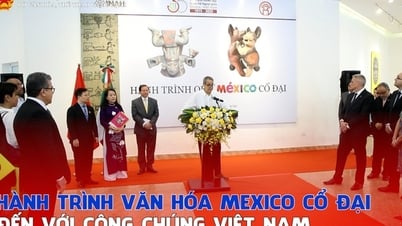




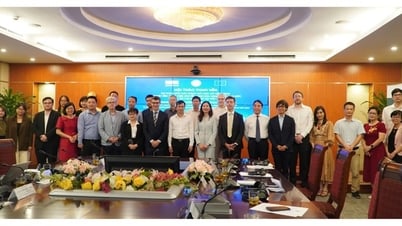



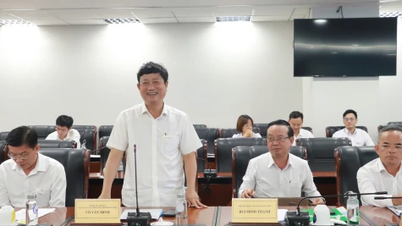






![[Podcast] Week introducing more than 500 OCOP products in Hanoi](https://vphoto.vietnam.vn/thumb/402x226/vietnam/resource/IMAGE/2025/5/22/d144aac2416744718388dbae3260e7fd)




Comment (0)